As the world becomes increasingly connected, our homes are filled with a myriad of smart devices. The European Union (EU) is taking proactive steps to ensure the security of data these devices collect and transmit. New regulations are being rolled out to bolster the protection of user data across a range of home devices.
Smart Home Assistants: A Peek Into New EU Regulations
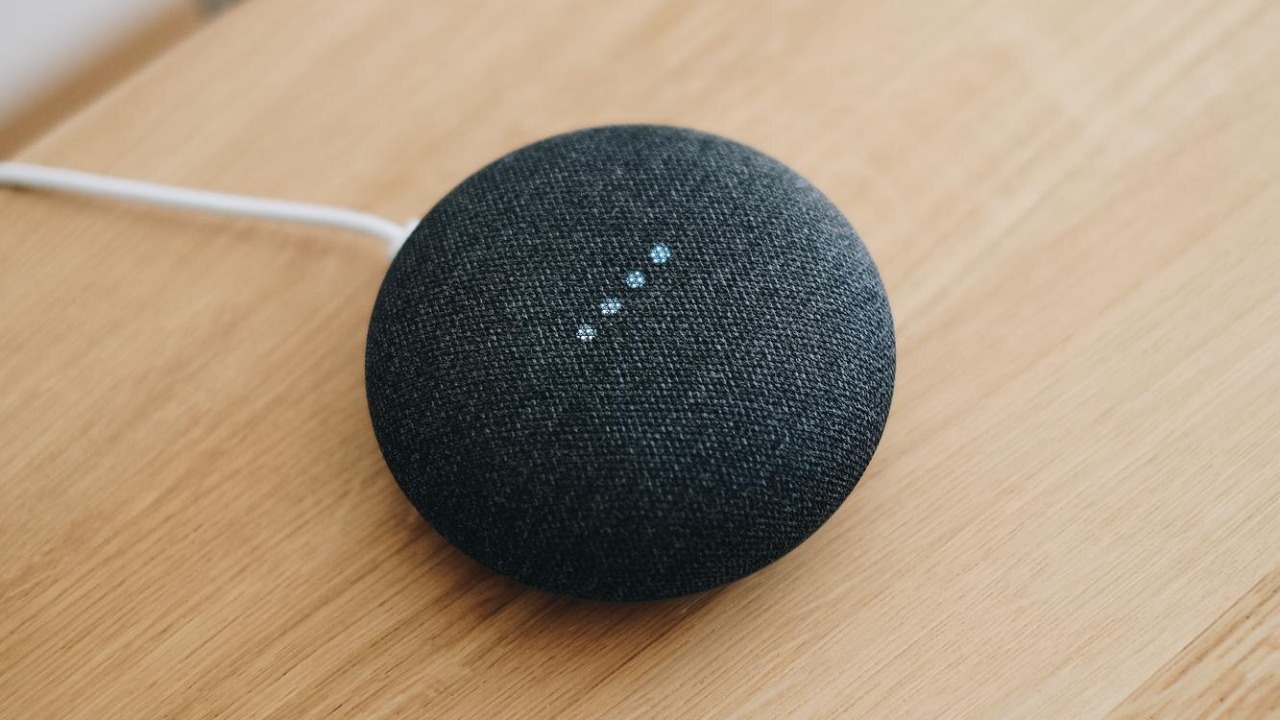
Our helpful companions, smart home assistants like Amazon’s Alexa or Google Home, are also under the purview of the new EU regulations. These devices collect a wide range of data, from voice commands to personal preferences, which can pose significant data security risks if not regulated. The new EU cybersecurity obligations for connected devices are designed to address these concerns, demanding higher standards of encryption and user data protection.
Security Cameras: How EU Data Security Regulations Affect Them
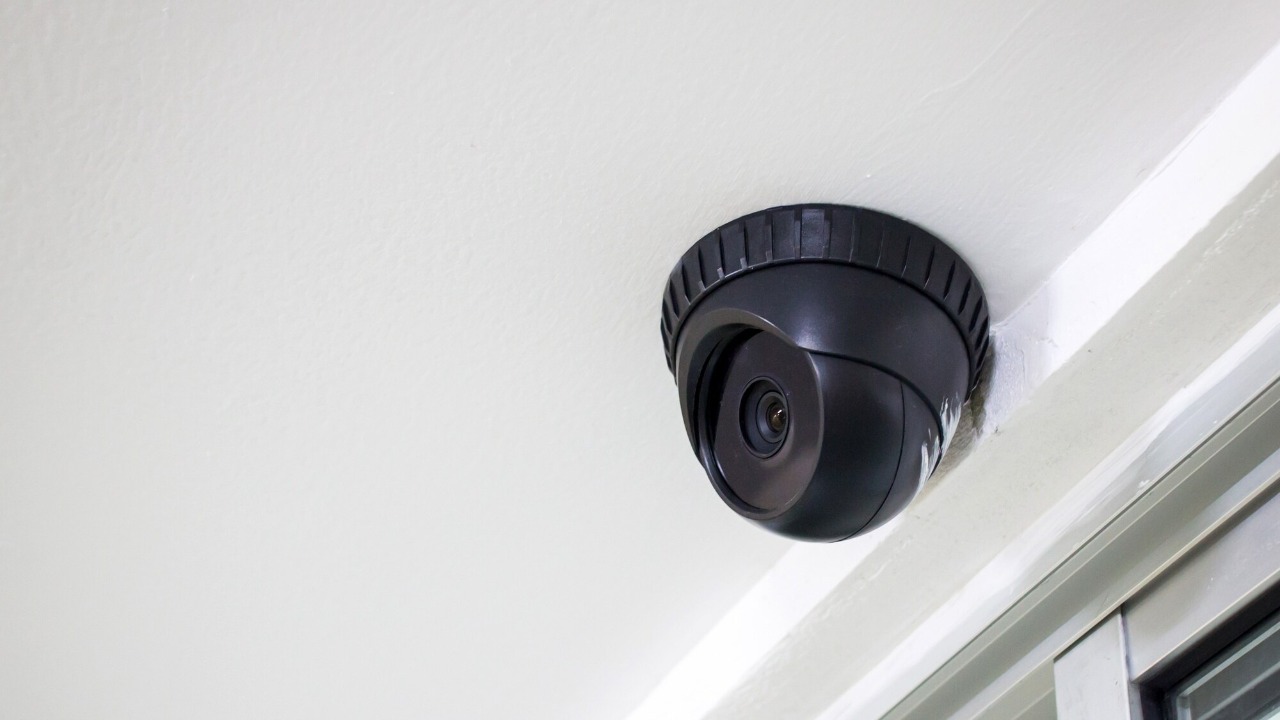
Security cameras, especially those with facial recognition capabilities, are another significant area of focus. The new EU regulations require manufacturers to design their products with data security in mind. This includes securing the data storage and transmission methods, ensuring the privacy of the individuals being monitored.
The Impact of New EU Regulations on Smart TVs
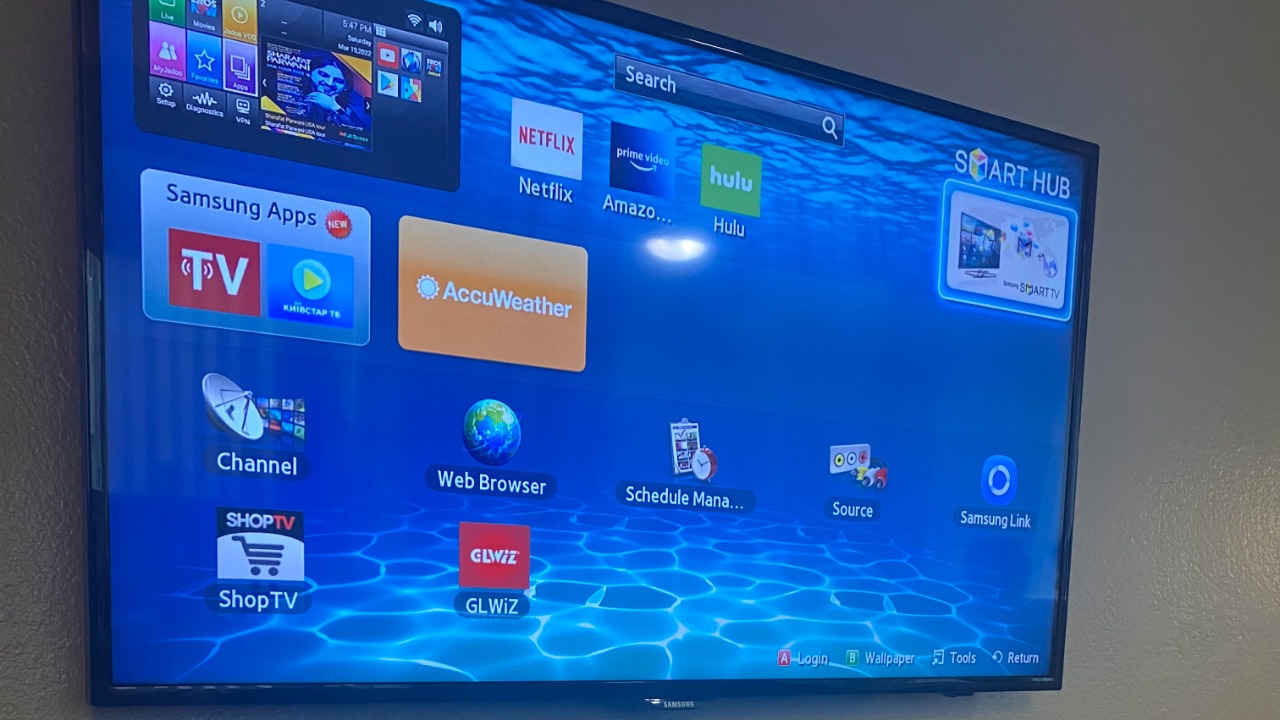
Smart TVs, which often collect data on viewing habits and other personal information, are also subject to new EU data security regulations. These new rules aim to ensure that manufacturers take steps to protect this data, and inform users about the data being collected and how it is used.
Connected Refrigerators: Navigating Through New EU Data Security Rules
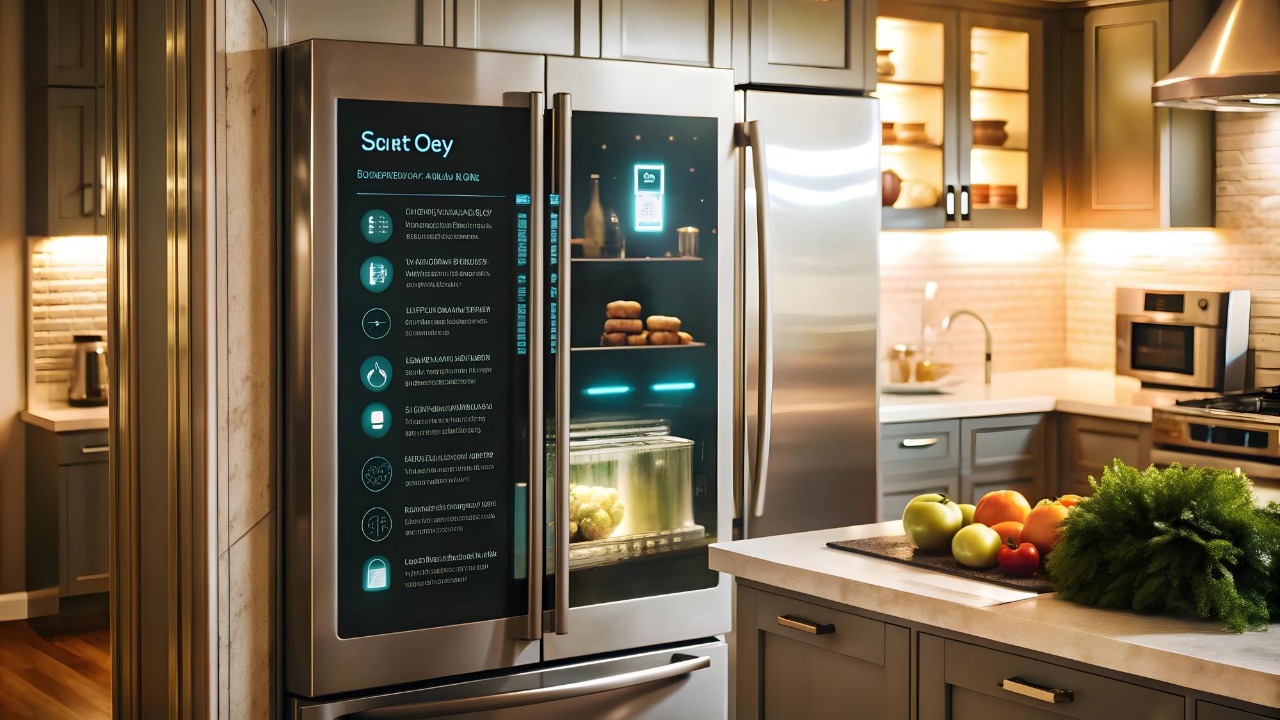
Connected refrigerators may seem harmless, but they can collect data about our eating habits, shopping preferences, and more. The new EU regulations demand more robust protection of this data. Companies must now ensure that this information is securely stored and transmitted, and that users are informed about its collection and use.
Wi-Fi Routers and the New EU Data Security Regulations
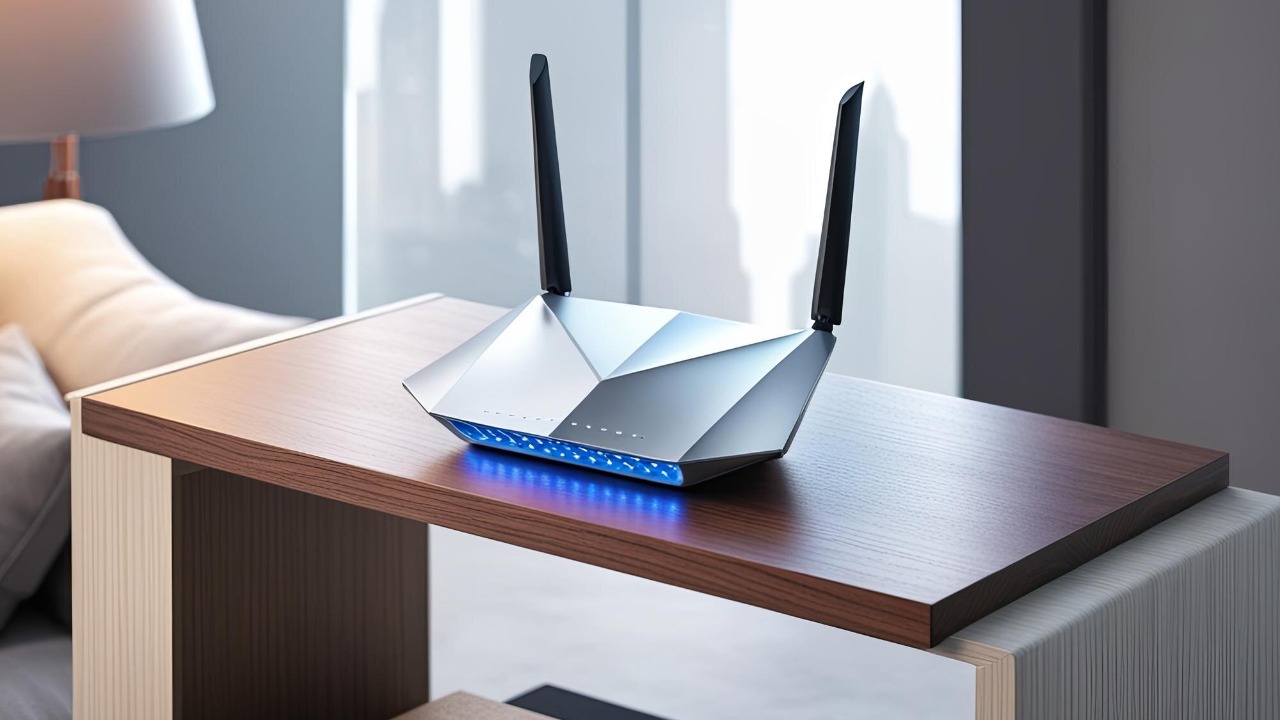
Wi-Fi routers are essential for our connected homes, and they process all our internet data. The new EU regulations are working to ensure that this data is secure. This involves setting up requirements for manufacturers to use the latest encryption standards and provide regular security updates.
Smart Thermostats: Understanding the New EU Data Security Regulations
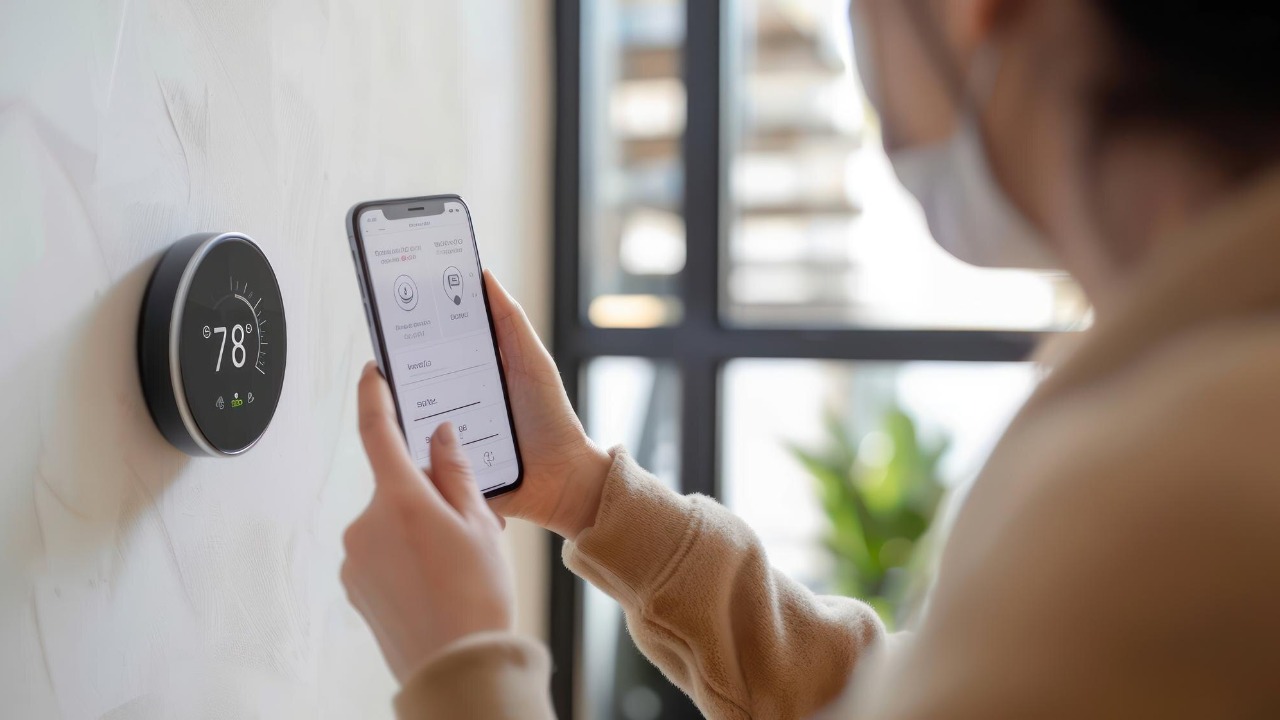
Smart thermostats can collect valuable data about our daily routines and home occupancy. The new EU rules aim to safeguard this data, requiring manufacturers to design their products with data security in mind. This includes the secure storage and transmission of data, as well as clear user notifications about data collection and usage.
Baby Monitors: What New EU Regulations Mean for Data Security
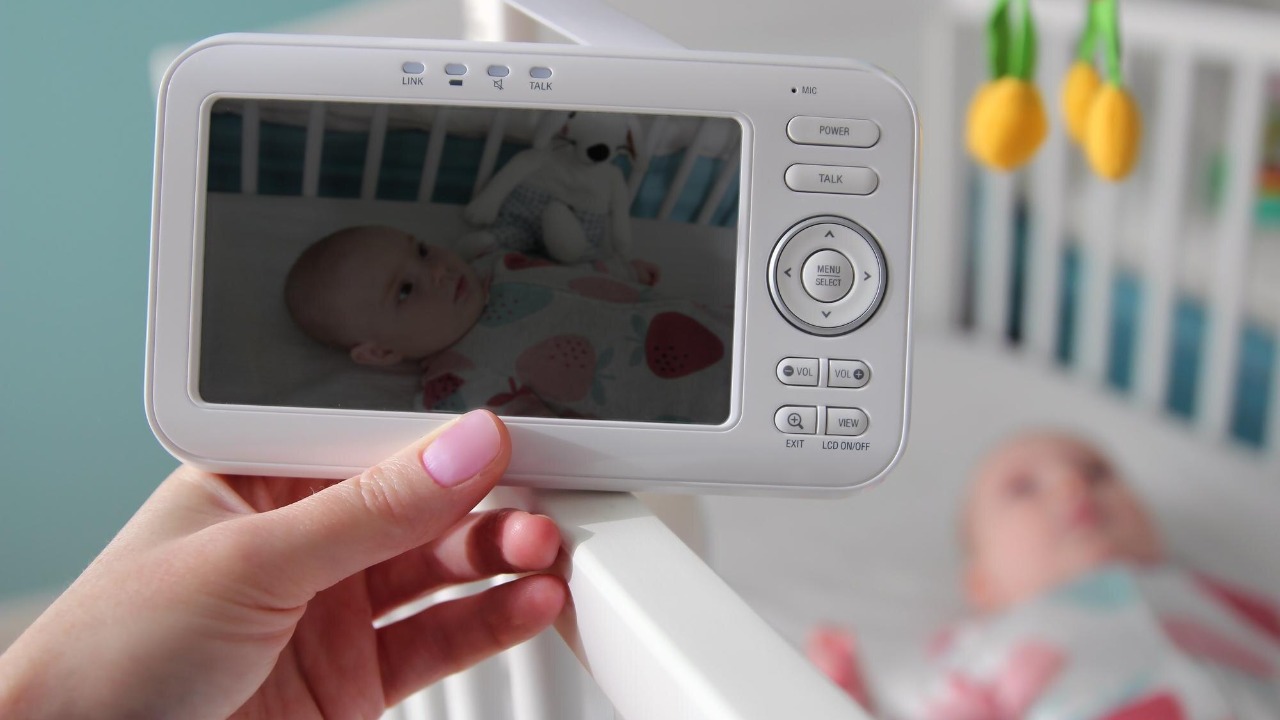
Baby monitors, especially those with video capabilities, can collect sensitive data. The new EU regulations aim to protect this data, requiring manufacturers to follow stringent security protocols. This includes ensuring the secure transmission of data and notifying users about data collection and usage.
The Future of Wearable Fitness Trackers Under New EU Regulations

Wearable fitness trackers are becoming increasingly popular, and they collect lots of personal health data. The new EU regulations are designed to protect this data, requiring manufacturers to ensure secure storage and transmission, and clear user notifications about data collection and usage. The quadruple regulation approach of the EU is a testament to their commitment to data security.
The new EU regulations are a significant step towards ensuring data security in our connected homes. As users, it’s important that we stay informed about these changes and understand how they affect our data privacy. For more information on data privacy and regulations, check out this digital safety guide.